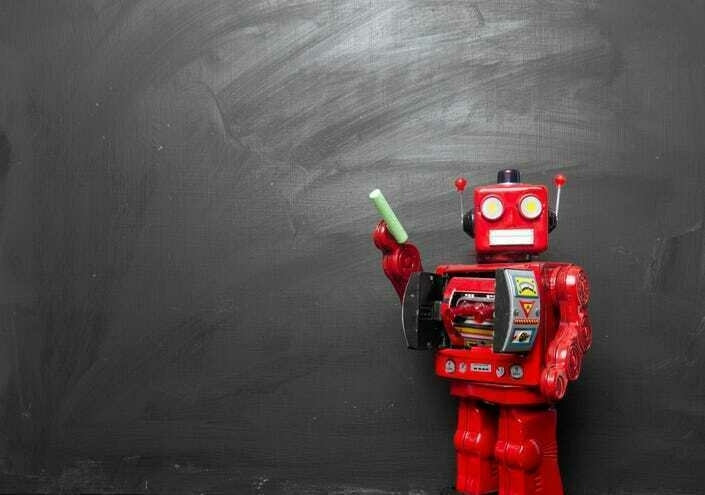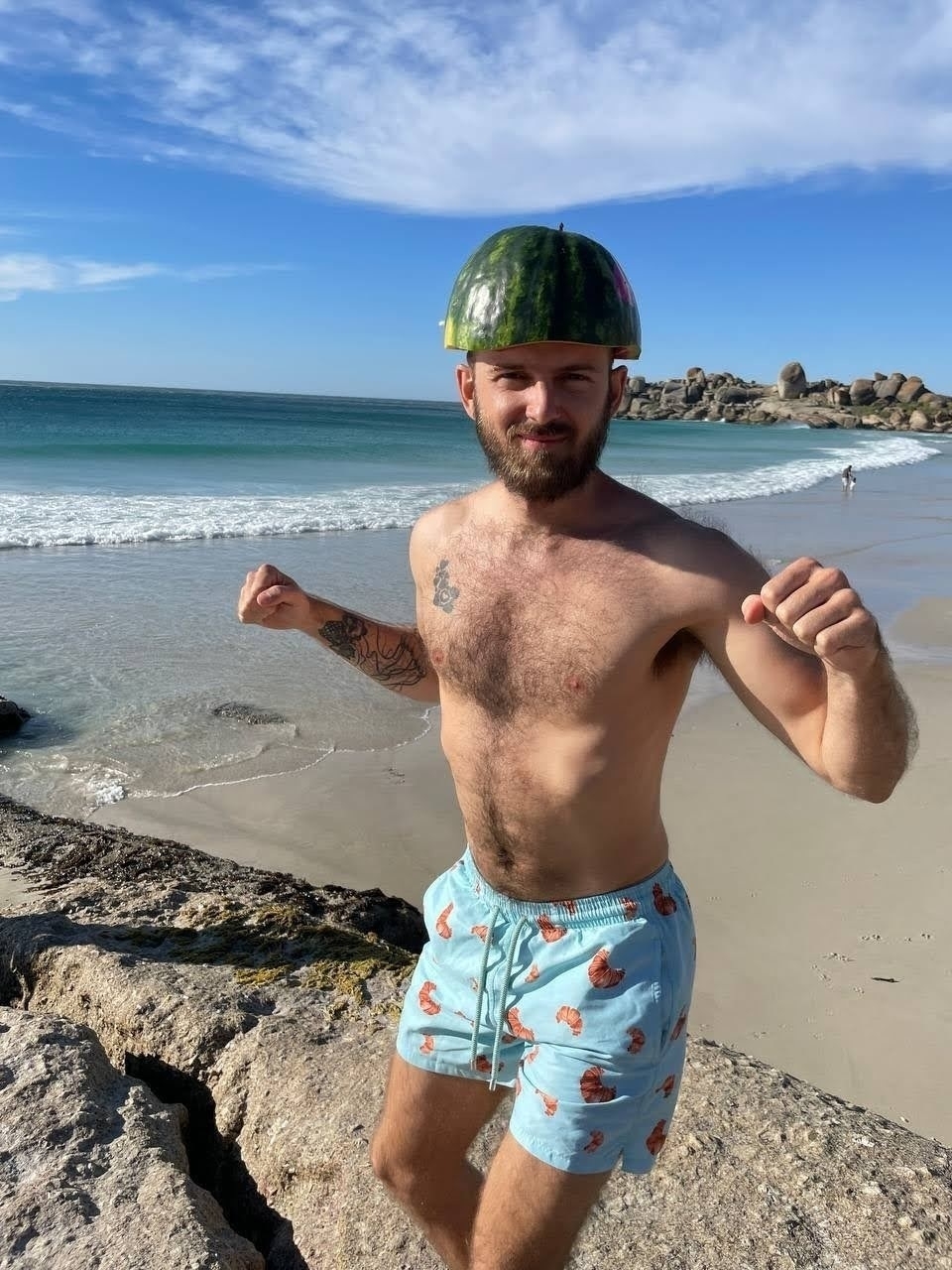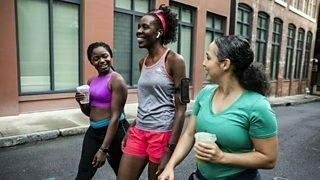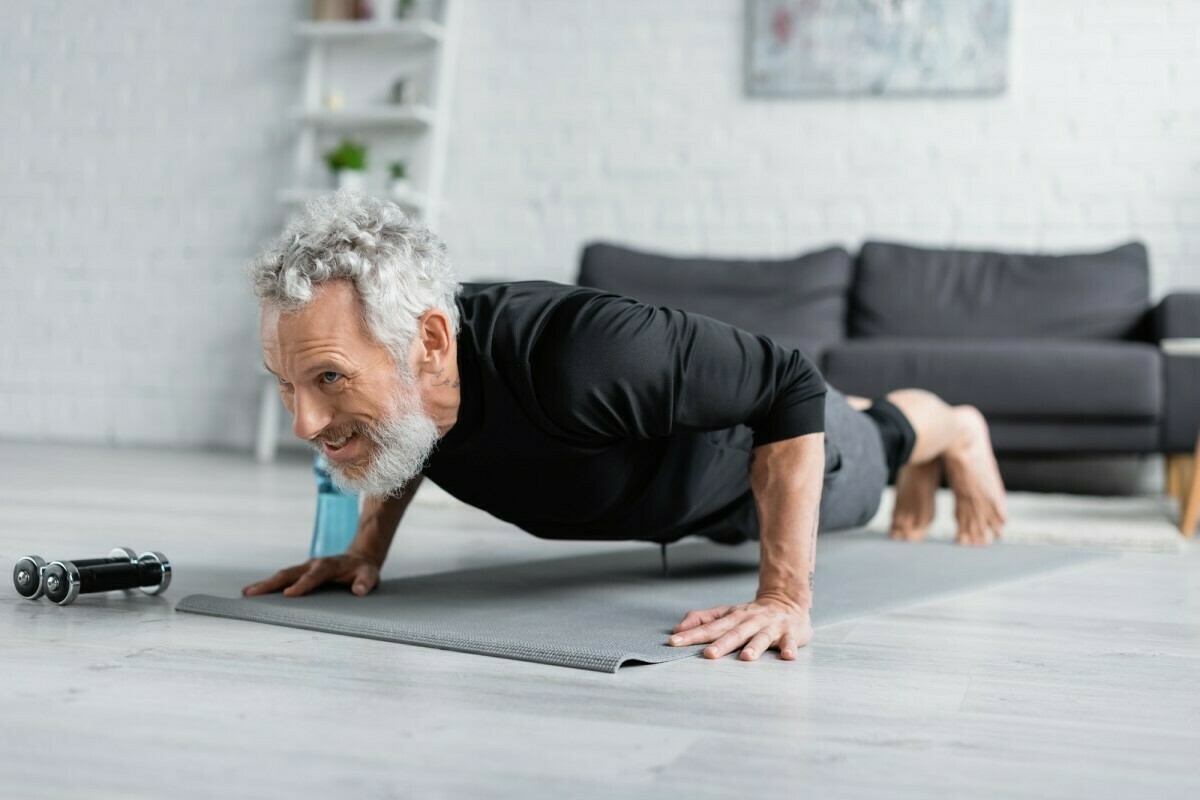- Why Fitter People Drink More Alcohol (Outside Magazine)
- Why Does The Sunlight Come From The North In Shaded Relief Maps? (Ramble Maps)
- Your Phone Is Your Private Space (The Atlantic)
'Personalisation' is something that humans do
Audrey Watters, formerly the ‘Cassandra’ of edtech, is now writing about health, nutrition, and fitness technologies at Second Breakfast. It’s great, I’m a paid subscriber.
In this article, she looks at the overlap between her former and current fields, comparing and contrasting coaches and educators with algorithms. While I don’t share her loathing of ChatGPT, as an educator and a parent I’d definitely agree that motivation and attention is something to which a human is (currently) best suited.

How well does a teacher or trainer or coach know how you feel, how well you performed, or what you should do or learn next? How well does an app know how you feel, how well you performed, or what you should do next? Digital apps insist that, thanks to the data they collect, they can make better, more precise recommendations than humans ever can — dismissing what humans do as “one size fits all.” Yet it's impossible to scrutinize their algorithmic decision-making. Ideally, at least, you can always ask your coach, "Why the hell am I doing bulgarian split squats?! These suck." And she will tell you precisely why. (Love you, Coach KB.)Source: Teacher/Coach as Algorithm | Second BreakfastAnd then (ideally) she’ll say, “If you don’t want to do them, you don’t have to.” And (ideally), she’ll ask you what’s going on. Maybe you feel like shit that day. Maybe you don’t have time. Maybe they hurt your hamstrings. Maybe you’d like to hear some options — other exercises you can do instead. Maybe you’d like to know why she prescribed this exercise in the first place — “it’s a unilateral exercises, and as a runner,” she says, “we want to work on single-leg strength, with a focus on your glute medius and adductors because I’ve noticed, by watching your barbell squats, that those areas are your weak spots.” This is how things get “personalized” — not by some massive data extraction and analysis, but by humans asking each other questions and then tailoring our responses and recommendations accordingly. Teachers and coaches do this every. goddamn. day. Sure, there’s a training template or a textbook that one is supposed to follow; but good teachers and coaches check in, and they switch things up when they’re not really working.
[…]
If we privilege these algorithms, we’re not only adopting their lousy recommendations; we’re undermining the expertise of professionals in the field. And we’re not only undermining the expertise of professionals in the field, we’re undermining our own ability to think and learn and understand our own bodies. We’re undermining our own expertise about ourselves. (ChatGPT is such a bad bad bad idea.)
You don't need a personal trainer
On Saturday, my Garmin smartwatch told me that my ‘fitness age’ is now 33.5. This is eight years younger than my chronological age, and apparently as low as I can get it using the Garmin app.
This is not a surprise to me. Covid absolutely battered my lungs from January to March. So I decided to do something about it, and built up to running every single day.
Willpower is necessary to form habits, but then willpower is necessary in life in general. So yes, get a personal trainer as this guy has done. But someone shouting at you to try harder is an extrinsic motivator. What you need to do is to develop intrinsic motivation to go harder and be better.
We all know the benefits of regular exercise, from living longer to better mental clarity. However, it is notoriously difficult advice to digest, especially for someone in their early 20s who hasn't even experienced a real hangover. The gist of the advice being that money and career success will come if you work at it. But prioritise your mental and physical health and your day-to-day work will improve. It's much easier to stay in shape than it is to stagnate and rebuild your fitness. Your 40 year-old self will thank you.Source: The best investment | ᕕ( ᐛ )ᕗ Herman’s blogFor a long time I’ve know this to be true. During periods of consistent exercise I’ve had more energy and mental clarity throughout the day. My personal outlook on life is generally better as well. Not to mention that outdoor activities with friends are more accessible and less daunting. Despite this, it has still always been a struggle to stay consistent.
A wave of “habit fetishism” has swept through the West in recent years with books like Atomic Habits regularly topping the best seller lists. It’s a tantalising concept as it sells an easy way to “live the life you’ve always wanted”.
It may work for some, but very few people who try these techniques actually “live the life of their dreams”. What keeps fit people going to the gym on a regular basis isn’t wearing their running shoes to bed at night. It’s discipline and accountability.
This brings me to the best investment I’ve ever made: A personal trainer.
Coffee and its impact on fitness
It’s good to read this, which is a side product of the excellent Just One Thing podcast.
I currently drink a couple of cups of coffee per (working) day — one at around 10:00 and the other at about 14:30. Given I often exercise in the middle of the day, this actually works out pretty well!
Studies have shown that coffee improves almost every aspect of sports performance, whether it's strength, explosive speed, endurance or skill.. Dr James Betts, Professor of Metabolic Physiology at the University of Bath, says: “I would put caffeine on top of the list of supplements that boost physical performance – both for the size of effect that you get, and the breadth.”Source: Can coffee make you fitter? | BBC Radio 4 - Just One ThingOne way that coffee boosts performance is by blocking the action of adenosine. Adenosine is a chemical messenger in your brain which makes you feel tired. Caffeine blocks the action of adenosine, helping you go on for longer without getting tired. “You could do worse than imagining adenosine to be like a brake that’s going to slow down your neural activity. Caffeine essentially hits the same receptors to prevent sleepiness,” explains Prof Betts.
Another way coffee works to boost exercise performance is by raising your levels of adrenaline, which can reduce pain and delay fatigue. It could also have effects on your fat and muscles.
Microcast #092 — Drinking in the sunlight
Overview
Another eclectic mix of articles, from Apple to alcohol.
Show notes
Image via Pexels
Background music: Shimmers by Synth Soundscapes (aka Mentat)
Improving VO2max through blood protein analysis
My wife and I have recently bought new smartwatches (me: Garmin Venu 2, her: Fitbit Versa 3) and the things they tell us really makes a difference to how we exercise. What’s reported here looks like next level even to the detailed stats we’ve got already.
The team identified a set of 147 proteins that could indicate a person's VO2max, a marker of cardiorespiratory fitness, before the exercise program, and then a set of 102 proteins that could indicate the change in VO2max after it had been completed. Some of these proteins were also found to be linked to a higher risk of early death, highlighting a connection between cardiorespiratory fitness and long-term health.Source: Blood protein score might predict which exercise will benefit you most | New Atlas“We identified proteins that emanate from bone, muscle, and blood vessels that are strongly related to cardiorespiratory fitness and had never been previously associated with exercise training responses,” says Gerszten.
Based in these revelations, the scientists developed what they call a protein score, which could be used to predict how much a person’s VO2max would change as a result of the exercise. Baseline levels of certain proteins were able to predict who would respond to the exercise with more reliability than established patient factors, according to the scientists, and also predicted which subjects would be unable to significantly improve their VO2max even after a sharp uptake in physical activity.


